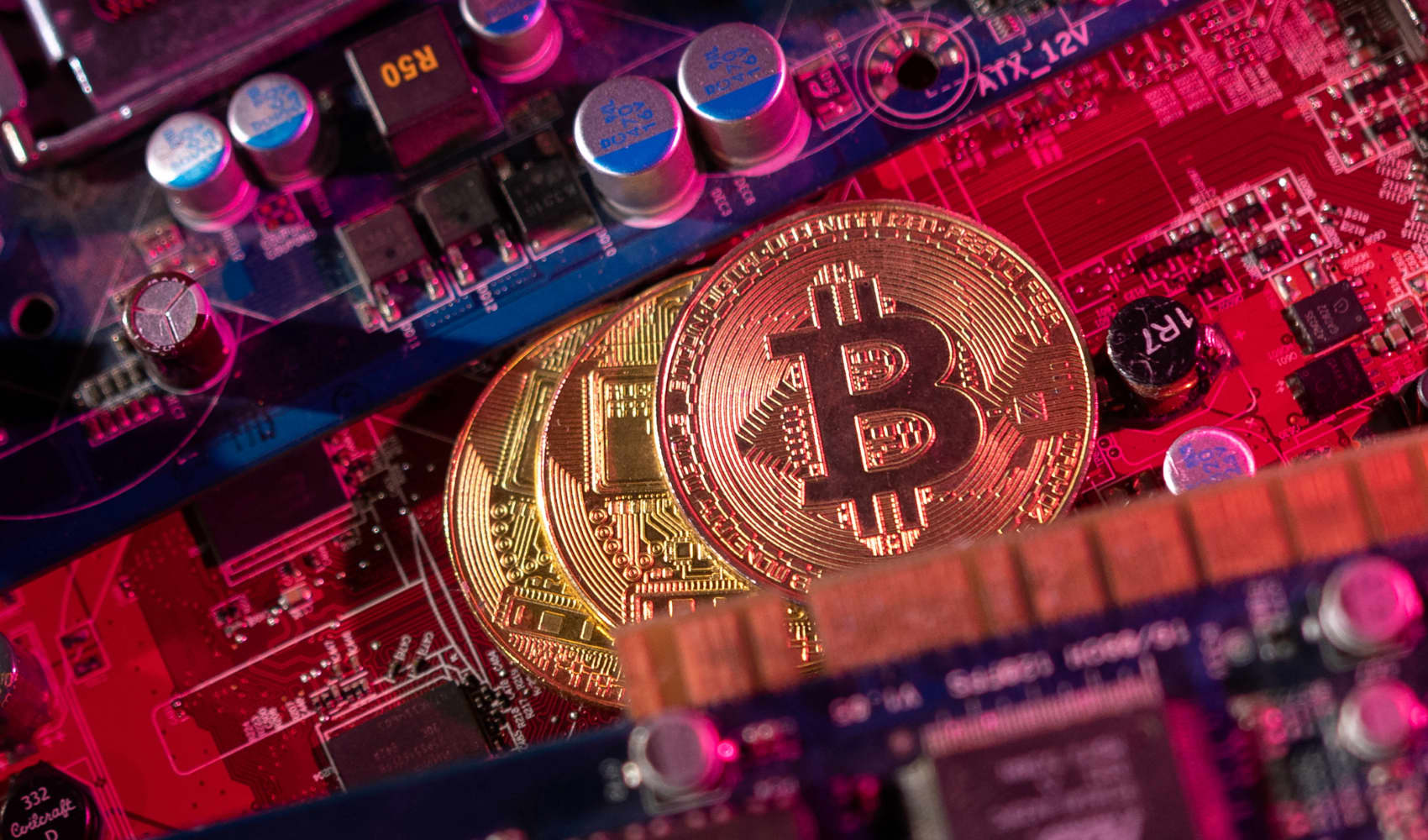
- According to CNBC's September Fed survey of economists, fund managers and strategists, those surveyed said there's a 52% chance that U.S. could enter into recession over the next 12 months.
- "The probability of recession, I think it's much higher than 50% — I think it's about 80%. Maybe even higher than 80%," Hanke told CNBC's Street Signs Asia.
- He blamed the U.S. central bank for rising inflation. "The reason for that is because the Fed exploded the money supply, starting early 2020 at an unprecedented rate and they don't want this length to be visible between the money supply and inflation."
There's an 80% chance of the U.S. falling into a recession — much higher than previously predicted, according to Steve Hanke, a professor of applied economics at Johns Hopkins University.
According to CNBC's September Fed survey of economists, fund managers and strategists, those surveyed said there's a 52% chance that U.S. could enter into recession over the next 12 months.
Get Connecticut local news, weather forecasts and entertainment stories to your inbox. Sign up for NBC Connecticut newsletters.
"The probability of recession, I think it's much higher than 50% — I think it's about 80%. Maybe even higher than 80%," Hanke told CNBC's "Street Signs Asia" on Friday.
"If they continue the quantitative tightening and move that growth rate and M2 (money supply) into negative territory, it'll be severe."
Hanke was critical, and has been in the past, of the Federal Reserve's failure to manage inflation through keeping an eye on the large supply of money sloshing around in the U.S. economy.
Money Report
"They have really been searching for inflation and the causes of inflation in all the wrong places. They're looking at everything under the sun, but the money supply," Hanke said.
"And in fact, they've doubled and tripled down on the argument that money has no relationship to economic activity or not a reliable relationship to economic activity and inflation."
He blamed the U.S. central bank for rising inflation.
"The reason for that is because the Fed exploded the money supply, starting early 2020 at an unprecedented rate and they don't want this length to be visible between the money supply and inflation."
"Because if it is, the noose around their neck, and that's the real problem."
An increase in money supply drives up prices as consumers are willing to pay more for goods.
Classical economics, as put forward by Milton Friedman and others, have pointed to money supply as the culprit for out-of-control inflation, Hanke added.
The Fed flooded the U.S. economy with large amounts of stimulus and liquidity to keep it afloat during the pandemic, but did not focus on carefully reducing that money supply over time, the professor said.
The M2 supply of money, a broad measure of money supply which includes cash and deposits, has been growing by double digits in the past three years.
Now the growth of M2 money supply is slowing too quickly and that could send the economy into a recession, Hanke warned.
"They are not addressing it correctly," he said. "In the five months, we've seen broad money major in the United States flatline. It's not growing at all.
"And now they're going to introduce quantitative tightening and what that's going to do that will drive the money supply down, that will drive it down into negative territory if they keep this up."
Hanke said the right economic move would be to keep money supply growing at a "golden growth rate" of 5% to 6% to get inflation to about 2%.
"Now it's zero. And it will probably go negative," the professor said. "And that's that's why we will see a recession in 2023."






